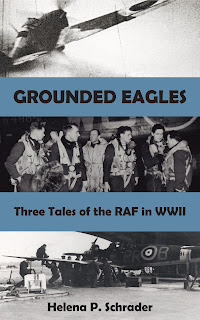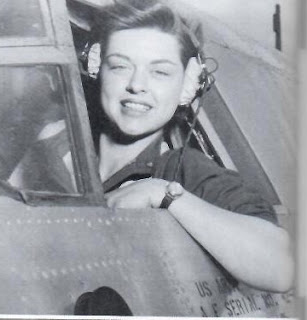This is the second installment in my series on why I
write.
Today I look an my desire to explore.
Last
week I argued that learning is an essential part of my writing, so
essential that I choose to write in part out of a desire to learn more
about something that attracts my curiosity. But writing fiction is not
just about writing down what we learn, it is also about using
imagination to go beyond the known -- to explore the unknown.
Some
of that exploration can be physical. Working on a creative-writing
project is a great excuse to travel to places I've never been before. I
love travel, so this is an extra bonus. No sooner had I started my
Jerusalem Trilogy than I announced to my husband that it was "essential"
that we travel (at last!) to Jerusalem.
It
helped that we were living in Ethiopia, just a four hour flight from
Tel Aviv, and that there were daily pilgrimage flights. The trip enabled
me to explore many sites important to my novels -- Jerusalem itself,
Bethlehem, Ascalon, Jaffa, Acre, and Caesaria, Ibelin
(modern Yavne), and the Battlefield of Hattin. The visit to the Church
of the Holy Sepulcher alone, however, would have justified the trip, and
enabled me to write a more authentic and convincing book. I always
wince when I read descriptions of the Holy Land, including the Church of
the Holy Sepulcher, that have clearly been written by authors who have
never been.
Yet
even more important than this physical exploration of places is the
mental exploration of attitudes, emotions, motives and more. Research
may reveal a simple fact such as, for example, the daughter of Baldwin
d'Ibelin, Baron of Ramla and Mirabel, married the brother of Guy de
Lusignan. History also tells us that Baldwin hated Guy so much that he
preferred to surrender his entire inheritance and abandon his wife and
son to go into exile in Antioch rather than do homage to Guy de
Lusignan. But what about his daughter? How did she feel? Did she
sympathize with her father? or her brother-in-law? Did her husband blame
her for her father's dramatic and public condemnation of his brother?
Was there marital strife and tension? As a novelist, it is my job to
explore possibilities. To try to find the explanation that
seems to ring most consistent with known facts -- and human nature.
Or
to take another example, a lot has been written about the concept of and procedures around the finding someone "lacking in moral fibre" (LMF) -- from the point of view of those not so labelled. Men who witnessed others been humiliated and the psychiatrists who treated men found LMF by their superiors have written about the phenomenon, but I have located no first-hand accounts by someone who underwent the process. We also know a great deal about the circumstances that drove aircrew to refuse to fly without a medical reason, triggering LMF proceedings. The first-hand accounts describing those circumstances, however, were never written by men refused to fly. In short, the memoirs we have were written by men who experienced the same conditions yet responded differently.
A historian can go no further, but a novelist can step beyond the known historical facts and explore the psychological realm, applying an understanding of human nature and empathy to imagine what went on. From such a journey of exploration came my novella Lack of Moral Fibre and the longer novel, Moral Fibre.






As you might expect, Helena, I am following this blog with great interest
ReplyDelete